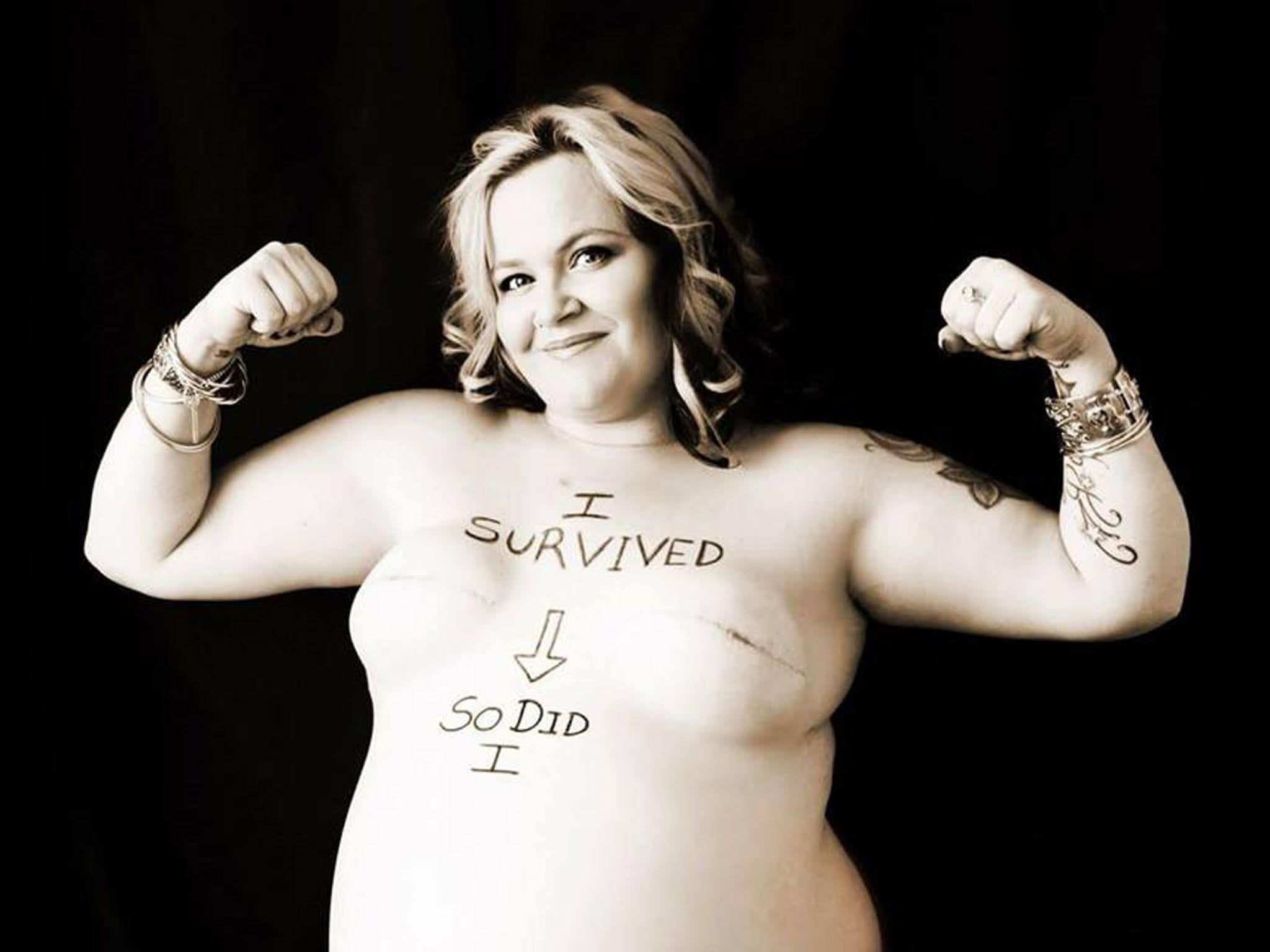The Independent's journalism is supported by our readers. When you purchase through links on our site, we may earn commission.
World Cancer Day 2017: Effective cure will happen in five to 10 years, says leading expert
Advances in genetics mean doctors will be able to prescribe drugs to treat each individual's unique form of cancer, turning the often deadly disease into a chronic, but treatable condition

An effective cure for all types of cancer could be just five to 10 years away, according to one of the world’s leading experts on the disease.
Survival rates have dramatically increased over the last five decades from an average of 24 per cent the early 1970s to about 50 per cent.
But some forms of the disease have remained extremely hard to treat – just one per cent of pancreatic cancer patients and five per cent of those with lung cancer are still alive 10 years after diagnosis.
Speaking to The Independent ahead of World Cancer Day on 4 February, Professor Karol Sikora, former head of the World Health Organisation’s cancer programme, said advances in genetics meant doctors would soon be able to prescribe drugs specifically targeted at each individual’s cancer.
He said the tumours in 100 women with breast cancer would all be unique to each individual but “understanding the molecular cogs that make cancer cells different to normal cells and therefore developing drugs personalised to the cancer” would allow “personalised, precision medicine”.
“What it would do is suppress the cancer and convert cancer into a long-term chronic disease,” Professor Sikora said.
“Most patients with cancer tend to be in their 50s or 60s. If they live another 20 or 30 years, they would effectively live a normal lifespan.”
Professor Sikora suggested this medical revolution would happened “in the next five to 10 years”.
“There will be, not a cure-all, but a much better predictive way of knowing which drugs to give to which patients,” he said.
“In the 1970s, the survival rate for testicular cancer went up to 98 per cent, so essentially it’s a cure.
“I think there will be a sudden surge once we understand the data about the genome.”
Testicular cancer has the highest 10-year survival rate, following by malignant melanoma (89 per cent) and prostate cancer (84 per cent), according to figures for 2010-2011 in England and Wales compiled by Cancer Research UK.
Some 78 per cent of breast cancer patients live at least 10 years, along with 80 per cent of Hodgkin’s lymphoma patients and 77 per cent of those with cancer of the uterus.
The lowest 10-year survival rates are for pancreatic (one per cent), lung (five per cent) and oesophageal (12 per cent) cancer.
13 ways to help prevent cancer
Show all 13While there has been some progress on hard to treat cancers, others have remained stubbornly lethal.
For example the 10-year survival rate for brain cancer has gone up from six per cent in the early 1970s to 14 per cent, while the same figures for oesophageal cancer rose from four per cent to 12 per cent.
However for lung cancer, the survival rate rose from three per cent to five per cent and has not changed for pancreatic cancer, although recent research was hailed as a significant breakthrough.
Dr Emma Smith, Cancer Research UK’s science information manager, said the charity was funding “cutting-edge research to find new ways to prevent cancer, to diagnose it early when treatments are more likely to work, and to develop more effective, kinder treatments”.
“The good news is that for some cancer types, such as leukaemia and testicular cancer, many patients are cured,” she said.
Breast cancer survivor gets double-mastectomy tattoos
Show all 6“But much more needs to be done for people with other types of cancer, including pancreatic, lung, oesophageal and brain tumours.
“This is why we’re boosting research in these areas so we can hope to cure more patients in future.”
Subscribe to Independent Premium to bookmark this article
Want to bookmark your favourite articles and stories to read or reference later? Start your Independent Premium subscription today.

Join our commenting forum
Join thought-provoking conversations, follow other Independent readers and see their replies